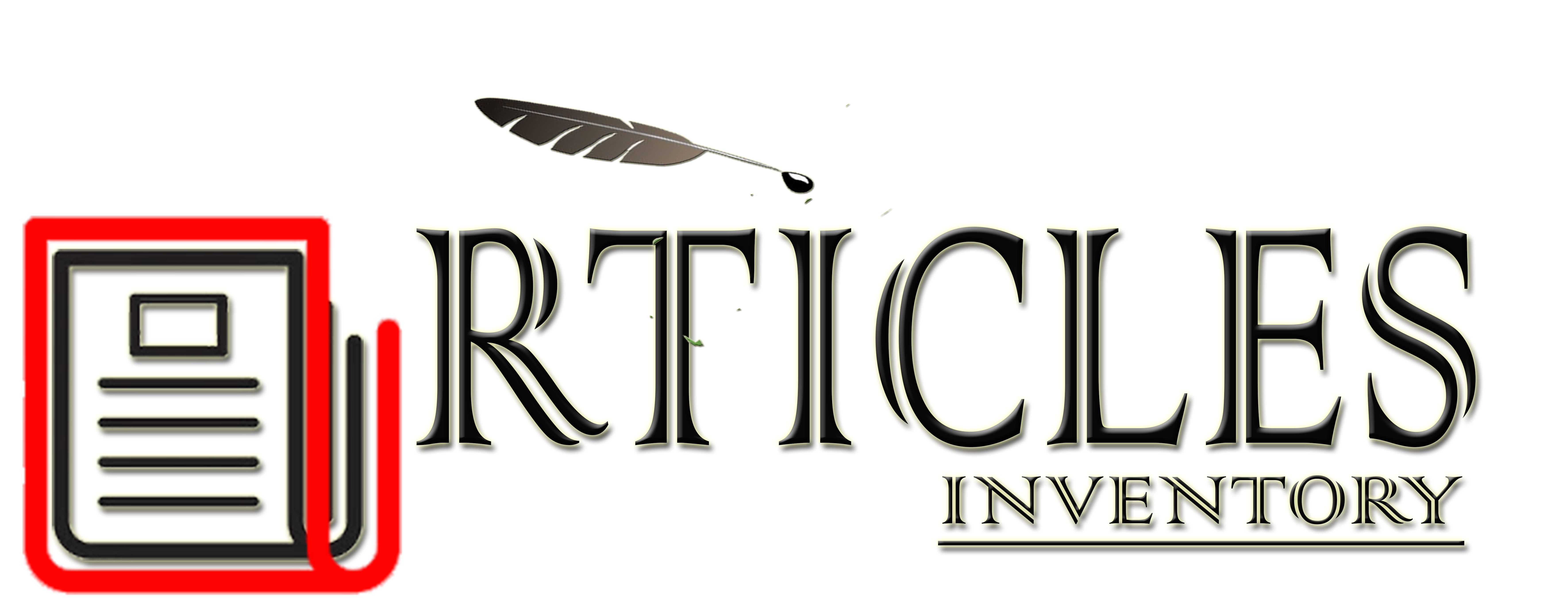7 Common Mistakes in Feng Shui for House in Singapore (And How to Avoid Them)
Feng Shui for houses in Singapore remains popular for homeowners seeking balance, peace, and prosperity. Yet, mistakes from incorrect assumptions or incomplete methods lead to poor results. Misinterpretations of Feng Shui principles or reliance on generalised advice often result in setbacks instead of harmony. Understanding key errors and how to avoid them prevents wasted effort.
1. Ignoring Personalised Bazi and Purple Star Astrology Analysis
Feng Shui works best when aligned with personal destiny charts. Many homeowners skip personalised Bazi analysis and rely only on fixed house templates. This weakens the energy match between the occupant and the environment. Applying general rules without reference to an individual’s life chart creates imbalance.
Purple Star Astrology reveals life paths, timing cycles, and personal luck sectors. Neglecting these factors when planning a home layout affects results. For instance, placing a bedroom in a sector clashing with one’s natal star weakens rest and health. Using Purple Star Astrology alongside traditional Feng Shui ensures alignment between structure and personal energy.
Homeowners should seek professionals who combine Feng Shui with Bazi and Purple Star Astrology. This practice enables a customised approach for long-term harmony. Relying only on generic charts or online advice misses key insights.
2. Misplacing the Stove, Bed, or Main Door
Common errors involve placing key fixtures in harmful directions or sectors. Positioning the main door, stove, or bed without aligning with favourable sectors reduces energy support. Inaccurate direction facing and improper internal positioning disrupt Qi flow.
The stove governs wealth and health. When placed in the wrong direction, it causes financial stress or weak digestion. Beds positioned with the head facing negative sectors affect sleep, concentration, and recovery. Entry doors facing harmful directions invite arguments or legal entanglements.
Rushing these placements without full energy analysis creates recurring issues. Homeowners need to ensure spatial alignment through compass readings and sector-based planning. Adjusting placements based on external landforms and internal layouts avoids repeated conflicts.
3. Overdecorating With Elements Without Purpose
Many homes in Singapore incorporate an excess of symbolic cures, crystals, and water features, often without a clear understanding of their purpose or energetic compatibility. This well-intentioned overdecorating can result in imbalances and, in some cases, negative effects.
For instance, placing fountains or other water features in unsuitable locations may weaken financial energy or invite unnecessary conflict. Mirrors installed without considering their reflective direction can amplify negative influences rather than deflect them. Even plants, typically viewed as positive, can obstruct Qi flow if placed in sectors with incompatible elements.
Feng Shui prioritises balance and function over aesthetic layering. Every object or adjustment should serve a clear energetic purpose. Random or excessive placement not only wastes space but also disrupts the natural flow of energy. Resisting the impulse to overuse decorative symbols helps maintain a calm, focused, and harmonious living environment.
4. Overlooking External Landform Influences
Feng Shui for a house in Singapore extends beyond internal design. Many people neglect external landforms, such as neighbouring buildings, road curvature, or water features. External Sha Qi (killing energy) often impacts home energy before internal adjustments matter.
Buildings facing sharp corners, flyovers, or alleys receive harsh energy. Nearby construction or cluttered surroundings create stagnation. Even seemingly quiet locations suffer from poor airflow or sunlight blockage caused by taller structures.
Ignoring these aspects leads to false expectations about internal Feng Shui results. Conducting a landform audit before or after a house purchase allows better remedy planning. Making informed choices or applying accurate external cures preserves balance.
5. Relying on Inconsistent Sources or Untrained Advice
Some homeowners base Feng Shui choices on social media, hearsay, or outdated manuals. Untrained advice introduces conflict between traditional rules and modern living needs. Inconsistent methods result in contradictions within the same house.
Applying multiple Feng Shui systems without proper alignment, such as combining Flying Stars with Eight Mansions, often leads to confusion. DIY remedies, like coin placements or unverified talismans, further dilute results. Misapplied advice leaves homeowners frustrated with little to no improvement.
Effective Feng Shui relies on clarity, experience, and consistent methodology. Trained practitioners use validated systems, including Purple Star Astrology, to guide precise adjustments. Professional input ensures changes align with actual needs and deliver meaningful results.
6. Failing to Review Feng Shui After Renovations
Renovations shift the energy structure of a house. Many homeowners complete major changes without reassessing Feng Shui. Moving walls, replacing fixtures, or changing entrances alters Qi flow.
A newly installed toilet may sit above a wealth sector. Partitioning a room may shift a positive energy flow into a suppressed area. Shifting the front door may invite clashing energy from external landforms.
Periodic Feng Shui reviews help maintain alignment as physical space evolves. Conducting a review before renovation planning allows preventive adjustments. House energy must reflect an updated structure to support long-term well-being.
7. Not Aligning Feng Shui With Family Structure
Each family member has unique energy needs. Some setups suit working adults, while others suit students or elderly individuals. Using a one-size-fits-all layout disrupts collective harmony.
Assigning bedrooms based on convenience instead of Bazi compatibility affects health and motivation. Creating common areas without understanding group dynamics limits family bonding or causes friction. Assuming a fixed Feng Shui solution works for all situations leads to mixed outcomes.
Professionals trained in Purple Star Astrology and house Feng Shui offer holistic solutions that reflect each member’s strengths and needs. Tailoring space for occupants supports smoother relationships and collective progress.
Correcting common mistakes in Feng Shui for a house in Singapore starts with precise, customised guidance. Relying on accurate Bazi reading and Purple Star Astrology ensures alignment between space and personal energy. To create better energy flow and avoid errors, contact Yuan Zhong Siu Feng Shui Consultancy for a professional assessment today.




